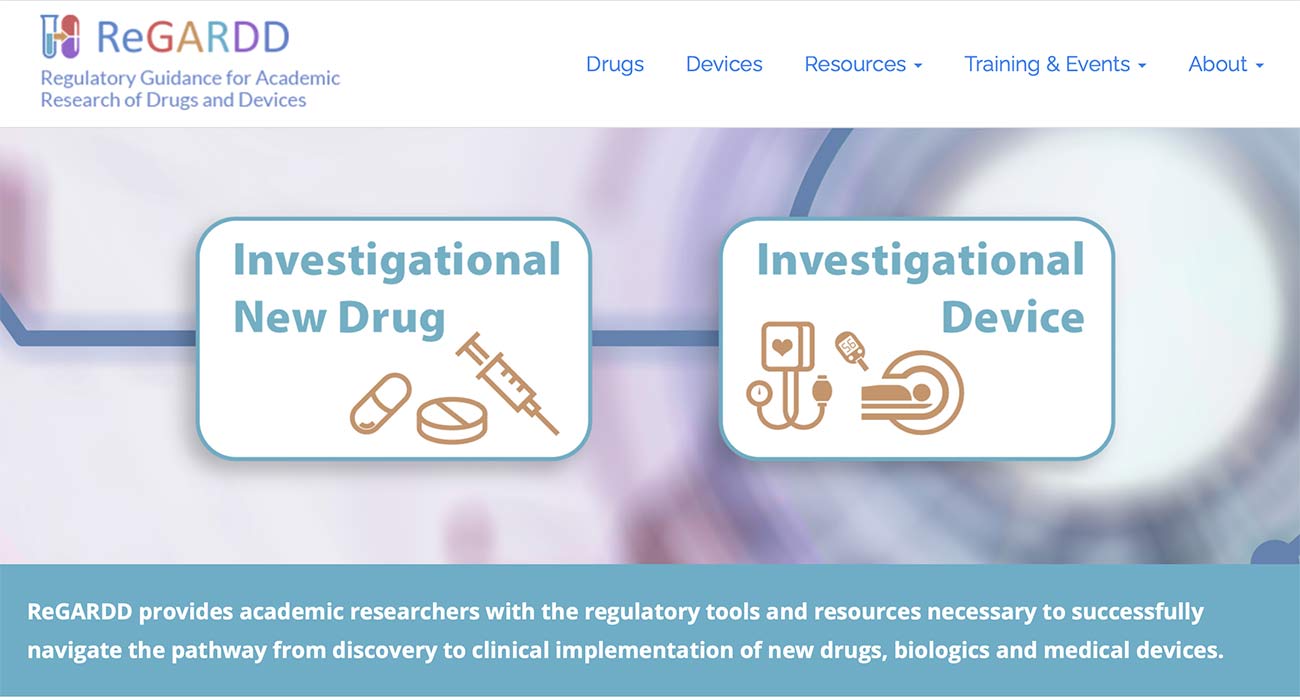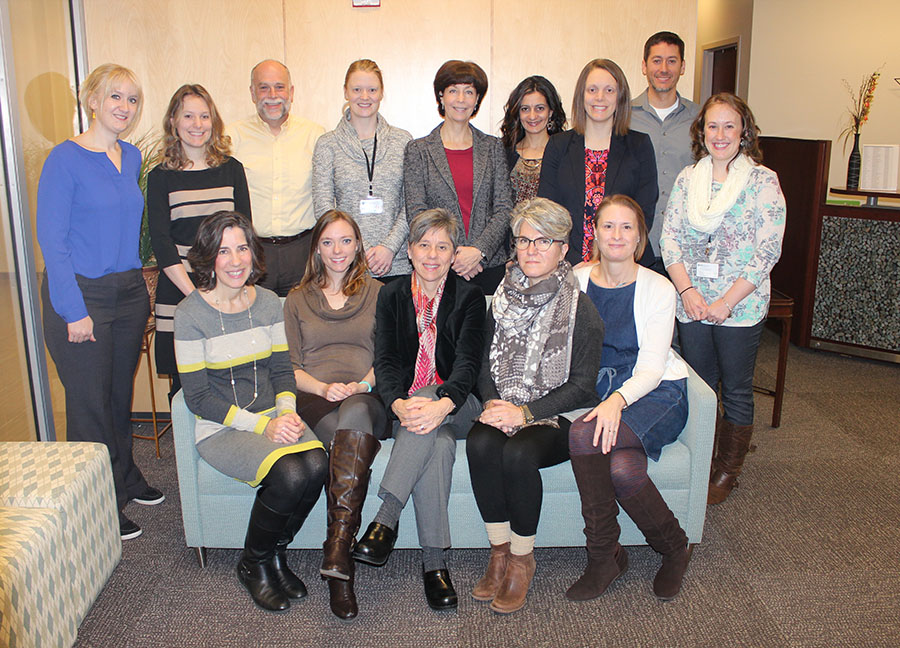
InsideTraCS — with Marie Rape
InsideTraCS: Get to know your extended research team through a new series featuring conversations with faculty and staff.
Marie Rape, RN, BSN
Marie Rape, RN, BSN is Associate Director of the NC TraCS Regulatory Service, a post she has held since the CTSA grant was established at UNC in 2008. She plays a prominent role in several CTSA national collaborations, including the CTSA Collaborative Data and Safety Monitoring Board (DSMB) Workgroup, the CD2H Workgroup on electronic consent, the QA/QC CTSA Workgroup, and the Methods and Process Domain Task Force Workgroup on EHR-based Recruitment.
Marla Broadfoot, NC TraCS science writer, recently spoke with Rape about her transition from emergency room nurse to Associate Director of Regulatory and how academic researchers benefit from her team's expertise.
I see your training was in nursing. How did you switch from patient care to research and regulatory support?
I started out as a nurse in the emergency room, working 12-hour shifts three or four days a week and over weekends, which was tough when you have children. I realized I couldn't do those shifts anymore, and then I ran into an ER doctor who said he needed a nurse to help him do research. The job would be more flexible, Monday through Friday, 9 to 5. He taught me all about research, and I realized I really enjoyed it.
When I moved to North Carolina, I found a job in the Clinical and Translational Research Center (CTRC). The NIH required that all CTRCs have a Research Subject Advocate, and I eventually was given that role. The position involved monitoring patient safety and advocating for patients, which segued into doing a lot of regulatory type work: with the IRB, with data and safety monitoring boards, with the FDA, and with study monitoring. So, that eventually led me to where I am today. It's been a lot of on-the-job learning and developing expertise over time.
From your perspective, what are the biggest regulatory barriers to clinical and translational research?
Academic researchers can have a lot of great ideas about research projects to pursue—a light bulb goes off and they want to do a research study, but when it comes to getting that idea into a clinical trial, that is a process that many of them don't know how to navigate. That lack of expertise is one of the biggest hurdles to clinical and translational research. Having the right regulatory expertise available, at the time they need it, can really help researchers bridge that gap from the idea into something that they can implement in a clinical trial.
What are some of the ways that the regulatory team has helped provide researchers with the expertise they need?
We created the ReGARDD (Regulatory Guidance for Academic Research of Drugs and Devices) program so that we as regulatory experts could share our expertise across various centers and institutes to help everybody learn more about that regulatory process.
I can pick up the phone and call the folks at Duke and say, I've never seen this type of project and they want to do this, what do you recommend? And they might say Oh, we did that last year. Another time, they might turn to us for advice. So we can all learn and benefit from one another in terms of our regulatory expertise, because there's just a few of us at each institution that do this kind of work.

In addition, we thought investigators could benefit from a website that had all the regulatory expertise that pertains to FDA regulated research, with helpful guidance and templates and everything else you need to consider if you want to do drug or device research. So we created a website called regardd.org that houses all that information in one place, all geared towards academic investigators.
We also created a series of educational videos that cover our frequently asked questions, which could help investigators interested in doing drug or device research get started before reaching out to us to discuss next steps. I think having that expertise available in one place for investigators to be able to access on their own time can be very helpful, as well as just helping to guide them through the process.
We hear a lot about "regulatory science" these days. What does that term mean to you? Is TraCS doing any work in this space?
Regulatory science is different than the kind of regulatory support that we are talking about, which is more what you might call regulatory affairs. Regulatory science is the science of developing new tools, approaches, and methods for how drug and device research is conducted, and it allows regulatory authorities to adapt to review new ways of doing research.
Last year, I heard Tina Morrison (the Director of Regulatory Science at the FDA) talk about the FDA's initiatives surrounding regulatory science. She had a lot of great ideas and asked that if anyone had other ideas, we should reach out to her and she would be happy to listen to them. So I emailed her and told her about our ReGARDD program. I said that even though regulatory affairs is not currently part of the FDA's Regulatory Science Initiative, she might want to consider including it because we have found that providing expertise to investigators is something that can really impact translational science. She promptly responded to my email and set up a couple of meetings with us here and invited us to a couple of different brainstorming sessions with the FDA, where I found others shared our same views about the importance of regulatory support. It was very exciting to be able to participate in the national conversation in that way.
What is the most interesting part of your job?
My biggest interest is reading and reviewing the research studies that are being conducted. By serving on the DSMB and other committees, I get to see a variety of different research studies, and I'm always surprised by the wide range of ideas that people are studying or conditions that they are trying to treat. There are substances being sprayed on clothing to try to repel ticks, or exposure studies of gonorrhea, or efforts to treat disease caused by the tsetse fly in Africa. I can't believe I get to be involved in these really cool ideas and help to push these exciting research projects forward.
Learn more about the NC TraCS Regulatory service at tracs.unc.edu/regulatory.
NC TraCS is the integrated hub of the NIH Clinical and Translational Science Awards (CTSA) Program at the University of North Carolina at Chapel Hill that combines the research strengths, resources and opportunities of the UNC-Chapel Hill campus, partner institutions RTI International in the Research Triangle Park, North Carolina Agricultural and Technical State University in Greensboro, and North Carolina State University in Raleigh.


